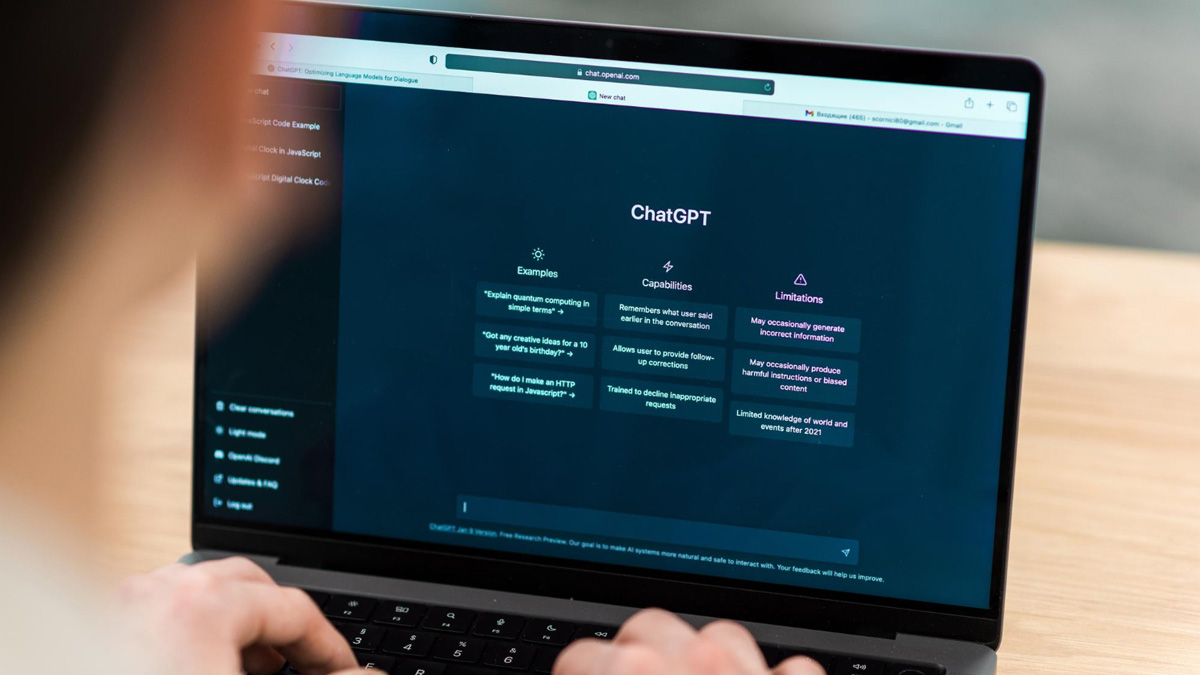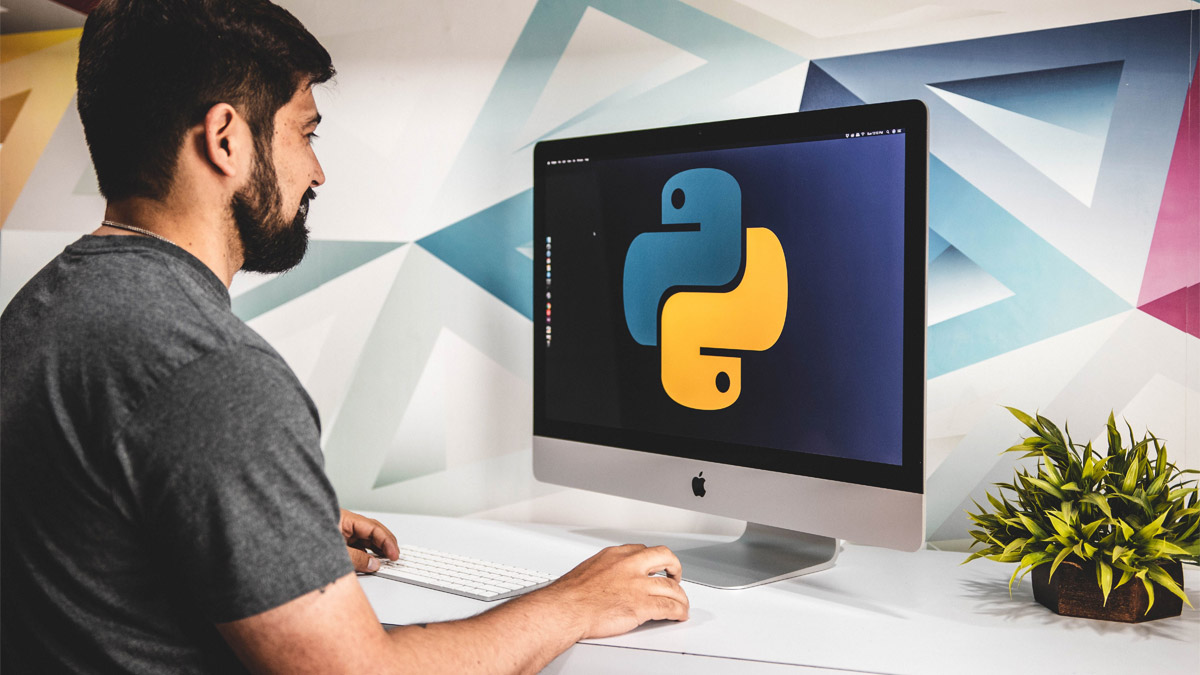Introduction
Have you ever felt overwhelmed by an infinite supply of textbooks, complex notes, and approaching deadlines? You are not alone. Students in today’s fast-paced academic world require smart study tools and textbooks. Meet ChatGPT, your AI-powered study buddy.
Whether you’re in high school, college, or an alternative education setting like the School of Coding & AI’s AEP, understanding how to use ChatGPT for studying can change how you learn. ChatGPT is not only useful but also groundbreaking, as it can break down difficult topics and generate research summaries in seconds.
Ready to reach your maximum academic potential? Let’s dive in.
Why Use ChatGPT for Studying?
Artificial intelligence is no longer simply a buzzword; it’s a practical instrument. With over 100 million active users, ChatGPT by OpenAI is changing the way students do homework, revision, and research projects.
Here’s why students love it:
- Instant responses to academic questions
- Get essay help without tension.
- Summarised notes for quick revision
- Clear English explanations on topics
- Research guidance and citation assistance
7 Powerful Ways to Use ChatGPT for Studying and Research
1. Understand Complex Topics in Simple Language
Have you ever looked at a page full of jargon and wondered, “What on earth does this mean?” ChatGPT can explain complex concepts in ways that make sense to you.
Prompt: “Explain Newton’s Third Law of Motion like I’m 14.”
In seconds, you’ll receive a friendly and simple explanation.
Pro Tip: You can change the reading level. Request an explanation appropriate for GCSE, A-Level, or university level.
2. Summarise long texts in seconds
Stuck with a 20-page article? Not an issue. Paste it into ChatGPT and request a summary.
A typical request: “Summarise this article in 150 words, highlighting key points and definitions.”
ChatGPT allows you to produce revision-friendly notes or SparkNotes for your subjects, saving you hours.
3. Generate Flashcards and Quiz Questions
Are you studying for an exam? Let ChatGPT convert your notes into revision flashcards or multiple-choice questions.
A prompt suggestion: “Create 10 flashcards based on this text for GCSE Biology.”
You may also adjust the level of difficulty to meet your courses.
4. Get Essay and Report Writing Help
Writing an essay can be difficult. Use ChatGPT for:
- Create outlines.
- Suggest good thesis statements.
- Rephrase uncomfortable statements.
- Check grammar and tone.
Prompt to use:
“Help me outline a 1000-word essay on the impact of AI in education.”
Important: Always make sure to write in your own words. Use ChatGPT as a starting point, not a copy-paste solution.
5. Plan and Structure Your Research
Doing a project or dissertation? ChatGPT helps with:
- Brainstorming research topics
- Creating research questions
- Organising chapters
- Finding credible sources
Prompt idea:
“Suggest five research topics related to climate change for a college-level project.”
Fun fact: According to a 2024 survey by Study.com, 42% of students used AI tools to help outline their research and reported higher productivity.
6. Create Study Plans That Work
Do you need help organising your time? ChatGPT can help you create tailored study schedules depending on your examinations, deadlines, and spare time.
A prompt suggestion:
“Make a 4-week revision timetable for GCSE Maths and Science, 2 hours per day.”
Make better use of your time and avoid last-minute stress.
7. Check your understanding with self-assessments
Don’t know if you’ve grasped a topic? Ask ChatGPT to quiz you.
Quick challenge:
“Ask me 5 intermediate-level questions on World War II and give feedback on my answers.”
It’s like having a personal instructor available to you at all times, for free!
Bonus Tips: Make the Most of ChatGPT for Studying
- Use precise and detailed prompts: The better the inquiry, the better the response.
- Continue experimenting: Try alternative tactics, such as asking for bullet points, summaries, and comparisons.
- Combine the tools: Combine ChatGPT with Google Scholar, YouTube, and textbook materials.
- Keep track of your learning: Ask ChatGPT to quiz you regularly to track your progress.
- Use it on the go: Install the ChatGPT mobile app to get study help anytime, anyplace.
Real-Life Student Example
Amira, an A-Level student in Birmingham, struggled with History coursework. After learning how to use ChatGPT for studying, she began asking for essay structures, topic summaries, and revision questions.
“I went from confusion to confidence,” she says. “It’s like having a personal study coach on speed dial!”
Conclusion: Smarter Studying Starts Now
Studying does not have to be tedious, difficult, or intimidating. ChatGPT allows you to discover new methods to study quicker, smarter, and with confidence. Whether you’re revising for GCSEs, producing a college report, or working on a research project, this AI assistant is your secret weapon.
At the School of Coding and AI Alternative Education Provision, we believe in empowering students through innovative and effective technologies. ChatGPT is more than simply a fad; it’s a game-changer. Now it’s your turn to put it to use.
Begin using ChatGPT for studying today and take control of your academic career.
Do you want to learn how to integrate AI into your school or college life? Explore our cutting-edge courses and alternative education options at the School of Coding & AI.
Frequently Asked Questions
A: Not at all, if utilised appropriately! Think of ChatGPT as a tool, similar to a calculator or spell checker. You will remain ethical and intelligent as long as you do not replicate responses and instead learn from them.
A: Absolutely. You can get support with GCSE, A-Level, or even BTEC courses. ChatGPT can adapt to any topic or level of sophistication.
A: ChatGPT is generally reliable, but not flawless. Always double-check your facts and cross-reference with credible academic sources.
A: Yes, your input is not saved or shared. However, never include personal information such as full names, residences, or school details.
A: ChatGPT can simplify instructions, break down tasks step by step, and offer visual learning reminders. It is particularly useful for students with dyslexia, ADHD, or other learning needs.







